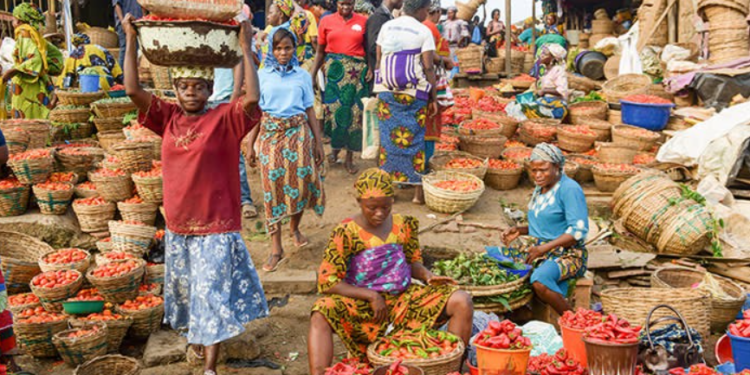
By Bakare Ogunleye
The nation’s insurance industry has continued grappling with sluggish acceptance growth as the country’s steadily declining purchasing power persists to erode consumer confidence and spending.
Amid surging inflation, food price increases, and a weakened naira, many Nigerians are forced to abandon non-essential services like insurance, redirecting their limited resources toward daily survival.
To this end, industry stakeholders who spoke at the virtual insurers
The committee organised by the Chartered Insurance Institute of Nigeria (CIIN) agreed that without economic stability and targeted awareness campaigns, insurance penetration may continue to lag behind its potential in the country’s economy.
Inflation has surged to three decade highs, food price inflation reached 40 per cent in early 2024, and the naira has plunged from roughly N460 to over N1,600 per cent U.S. dollar in under two years crippling consumers ‘ability to afford essential needs.
Amid these pressures, the insurance industry, long pushes as a cornerstone of financial security, has found its promise undermined by weakened demand and structural instability.
The root of the crisis lies in the sweeping economic reforms initiated by President Bola Tinubu’s administration in May 2023.
These included a steep subsidy removal on fuel, freeing up the naira’s pegged exchange rate, and subsequent currency devaluations. While aimed at spurring transparency and fiscal discipline, the reforms triggered acute hardship, inflation soared, energy costs ballooned, and transport became expensive for ordinary Nigerians.
The situation boiled over in mid-2024 when widespread cost-of-living pressures prompted a 48-day nationwide strike by labour unions demanding wage reforms.
For the insurance sector, the fallout has been immediate. As income shrinks. Consumers are prioritising essential needs, leaving risk mitigation tools like individual life or health insurance by the wayside.
Data sourced from the National Insurance Commission (NAICOM) highlighted that group life insurance premiums increased by 37.6 per cent to N70.2 billion in the first half of 2023, while individual life insurance premiums barely increased upward rising a mere 6.5 per cent to N67.1 billion.
According to the data, the surge in group schemes, often employer-sponsored, underscores a shift toward affordability, while individually purchased policies falter amid bleak economic realities.
Besides, underwriters themselves are under pressure. Inflation and currency devaluation have increased claims costs to over N40 billion in claims paid during the first quarter of 2024, representing a nearly 20 per cent increase year on year. Combined with high operational expenses driven by currency weakness, power outages, and poor infrastructure, industry profitability is compressed on multiple fronts.
The low insurance penetration makes it worse the industry’s fragility worse. With fewer than two million policyholders in a country of over 200 million, Nigeria ranks near the bottom globally in insurance adoption, accounting for around 0.3 per cent of GDP, compared to 70 per cent worldwide. Such factors as low public awareness, weak regulatory enforcement, underpricing of risk, and sluggish digital adoption compound the challenges.
However, stakeholders argued that the industry can still exploit the opportunity. A growing government-backed drive toward financial inclusion and emerging insurtechs offer pathways to broaden reach, particularly in underinsured segments like micro entrepreneurs.
In addition, the rise of group-based coverage may provide temporary resilience as employers shoulder costs that individuals cannot.
Benchmarking against African peers in the market, Kenya (3%), Egypt (13%), and South Africa (15%) insurance penetration underscores the room for growth.
For underwriters, navigating tough times will require recalibrating product offerings, integrating digital platforms, and strengthening claims integrity to build consumer trust.
NAICOM’s efforts to increase regulatory oversight and the Insurance Committee’s rebranding campaigns may help restore credibility. But unless macroeconomic stabilization occurs, tempered inflation, exchange rate clarity, and improved living incomes, the industry’s expansion will remain weak.
As the country charts a course toward economic recovery, the insurance sector stands at a crossroads, its evolution contingent on overcoming broad systemic challenges to unlock its long-promised role in national financial resilience.






